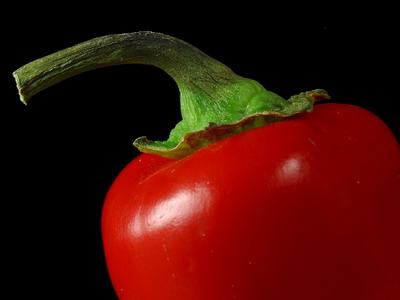"In Hong Kong, which has an extraordinary population density, nearly half of all vegetables consumed are grown within the city limits, on 5 percent to 6 percent of the city's land."He works through Training and Development Corporation http://www.tdc-usa.org/about-us
More information on local growing, organics, community sponsored agriculture, and food for thought (heh) at AlterNet, in the piece Food of the Future which provides other references to local food systems.
Shuman's ongoing work gives the local food issue a useful context: that local food efforts involve also the transformation of local economies.
Campbell's Law of Everything applies: "You can't do just one thing."
For example, to develop more decentralized food systems, changes in local zoning may be essential enablers for local production to come to life.
Chickens, for example, were common part in the little Illinois river town where I grew up.
There was an "egg man" who visited each Saturday with product from about 1/2 mile away. And those who wanted had a couple of chickens even (gasp) in town. My grandma would get the garden (next to our house) turned over by a neighbor with a horse. The horse lived in a small barn about 100 yards from my house. The horse could find its way home from the bar on Front Street with the owner in (not on) the wagon. If the owner overstayed, the horse would go home under its own power.
How many things intertwined to make this happen?
This was in the 1950s through the early 1970s.
Things change.
Local food, local community, trade.... all forms of interconnected systems. Some of these systems are hugely dependent upon societal, policy decisions. Many of the food systems today suffer from the "unintended consequences" of regulation, which so often has driven to centralization and concentration of the markets and producers.
The cousin of the bacteria from the custard pie which sent the church elder to the bathroom for a rough night after the fundraiser now visits hundreds of thousands of families at the speed of a truck fleet and forces a national recall of the "product"; which, of course, is the newspeak for food.
Not that centralization, per se, always has problems, but centralization certainly always has consequences.
Rather than edit and tighten this up, I'll post and ponder.
